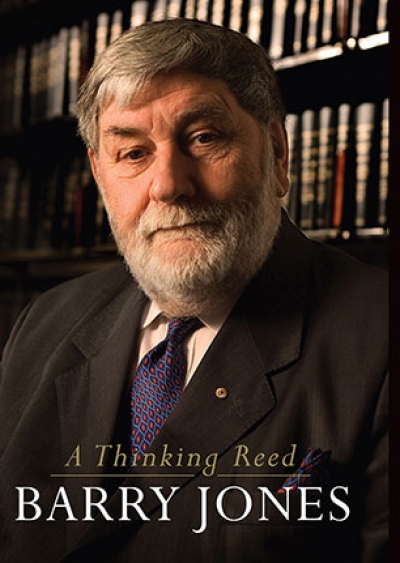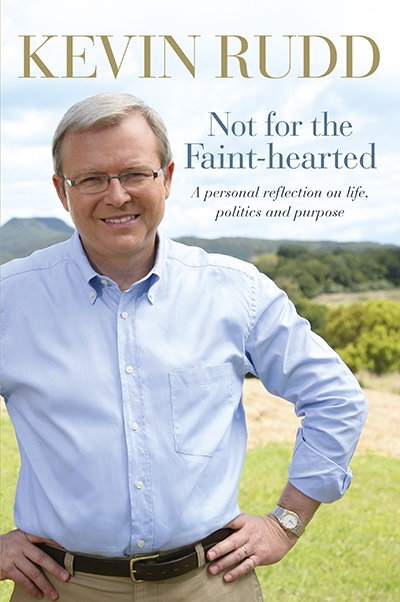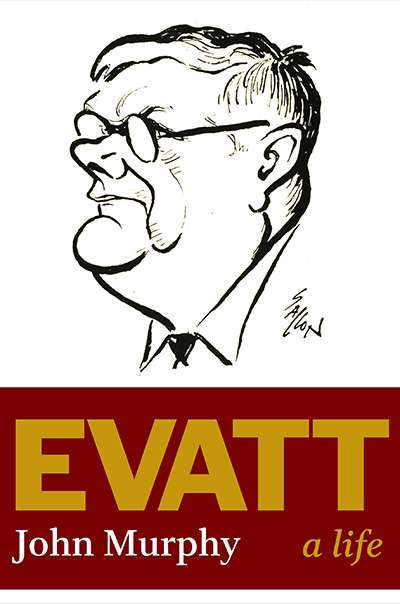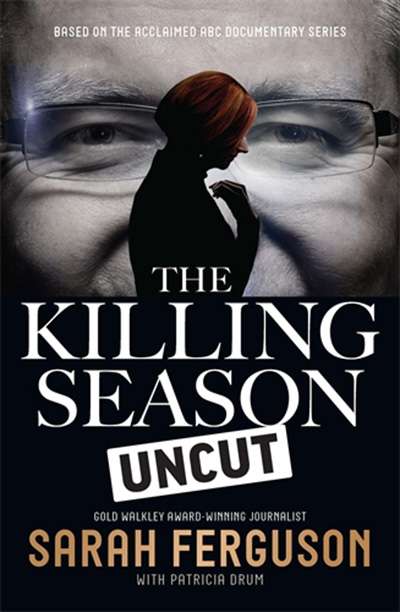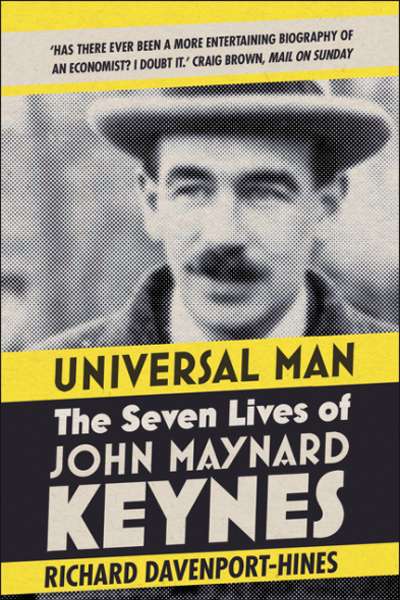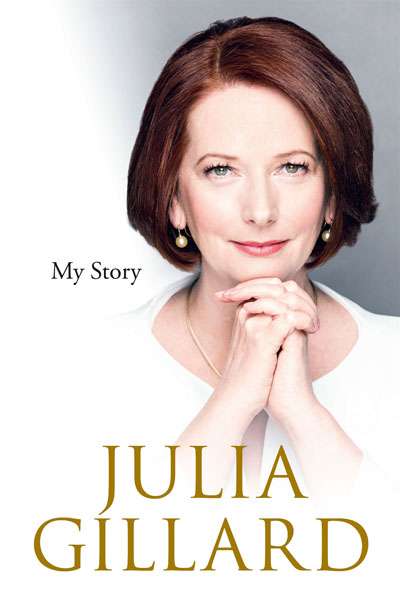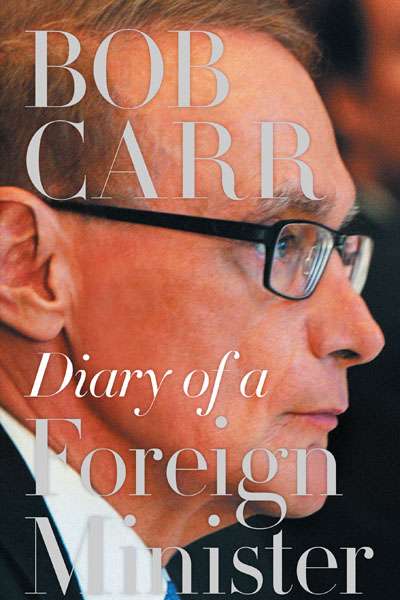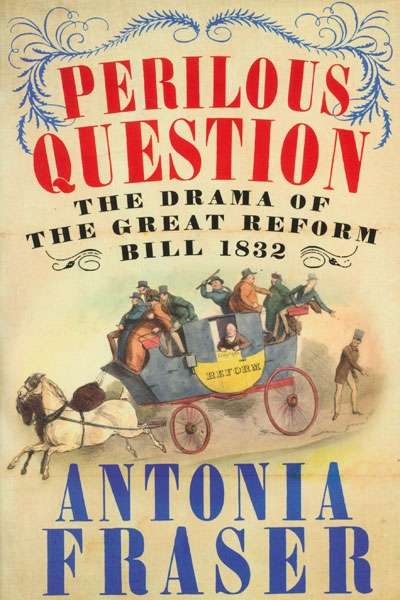Neal Blewett

Neal Blewett has had a varied career as academic, politician, and diplomat. A Tasmanian Rhodes scholar, he taught successively at the Universities of Oxford and Adelaide and became Professor of Political Theory and Institutions at Flinders University. He has written books and articles on British and Australian history and politics. As Health Minister in the Hawke government he was responsible for the introduction of Medicare and Australia’s Aids policy. His diary of the Keating government was published in 1999. From 1994 to 1998 he was Australian High Commissioner in London as well as a member of the Executive Board of the World Health Organization. He now writes, gardens, and walks in the Blue Mountains.
Although you might not guess it from media comment, The Latham Diaries (MUP, $39.95 hb, 429 pp, 0522852157) is the most important book yet published on Labor’s wilderness years. It provides a pungent characterisation of Labor’s post-1996 history; conveys a profound understanding of the challenges facing a social democratic party in contemporary Australia; and its damning account of Labor ... (read more)
What is it about Paul Keating that so fascinated his retainers? Six years ago, John Edwards wrote a massive biography-cum-memoir taking Keating’s story to 1993. Now Don Watson has produced an even heftier tome. Narrower in chronological span – 1992 to 1996 – Watson is broader in his interests, more personal, more passionate. While not the masterpiece it might have been, Recollections of a Bl ... (read more)
It has already become a cliché: Kevin Rudd’s memoir, Not for the Faint-Hearted, is not for the faint-hearted. More than 600 densely packed pages long, it contains some 230,000 words and over 1,000 footnotes, but by the end of the volume Rudd is yet to be sworn in as the twenty-sixth prime minister of Australia. Yet the work was ‘intended to be a letter of encouragement’!
... (read more)
John Murphy opens his magisterial study of Herbert Vere Evatt – the fourth major biography of the good doctor – with an essay on the challenge of writing biography in general, and of writing one on Evatt in particular. He prefaces this discussion with a short description of one fateful and illuminating incident late in Evatt’s political career. On the evening of 19 October 1955 in the House ... (read more)
Books have long provided fodder for films and television. Now films and television series, particularly documentaries, spawn books. The Killing Season Uncut is a book version of the television documentary in which Sarah Ferguson dissected perhaps the most dramatic seven years in Australian political history. For personal drama, 2006–13 had it all: three defenestrations of Opposition leaders (Bre ... (read more)
John Maynard Keynes has not lacked for biographers – about a dozen at last count. His first, his student Roy Harrod, established the framework of the public life, though providing only a sanitised version of the private Keynes. Donald Moggridge wrote the definitive account of the economic man, while Robert Skidelsky, with his three-volume work, John Maynard Keynes, published over a period of twe ... (read more)
Much like her government, Julia Gillard’s memoir resembles the proverbial curate’s egg. Where her passions are involved, as with education (‘Our Children’) or the fair work laws, we are provided with a compelling policy read. Where they are not, as in large slabs of foreign policy, the insightful competes with the pedestrian, enlivened admittedly with her personal talents in handling the g ... (read more)
‘Dear Dr Blewett, I am writing to you ... concerning your intention to publish the diary you kept during the first Keating Government ... Whether any legal action, criminal or civil, is initiated would be entirely a matter for the Commonwealth government and relevant authorities ... Against the background of the expectations of confidentiality with which you are familiar during your time as a mi ... (read more)
Over fifty years have passed since I wrote my first tutorial essay in Politics, Philosophy, and Economics (PPE), or Modern Greats, as it was known in Oxford. The subject was the Great Reform Bill of 1832, which for the first time in over a century expanded the right to vote and redrew the electoral map of Great Britain. I had planned to read history, but when I told my history don that I was inter ... (read more)

